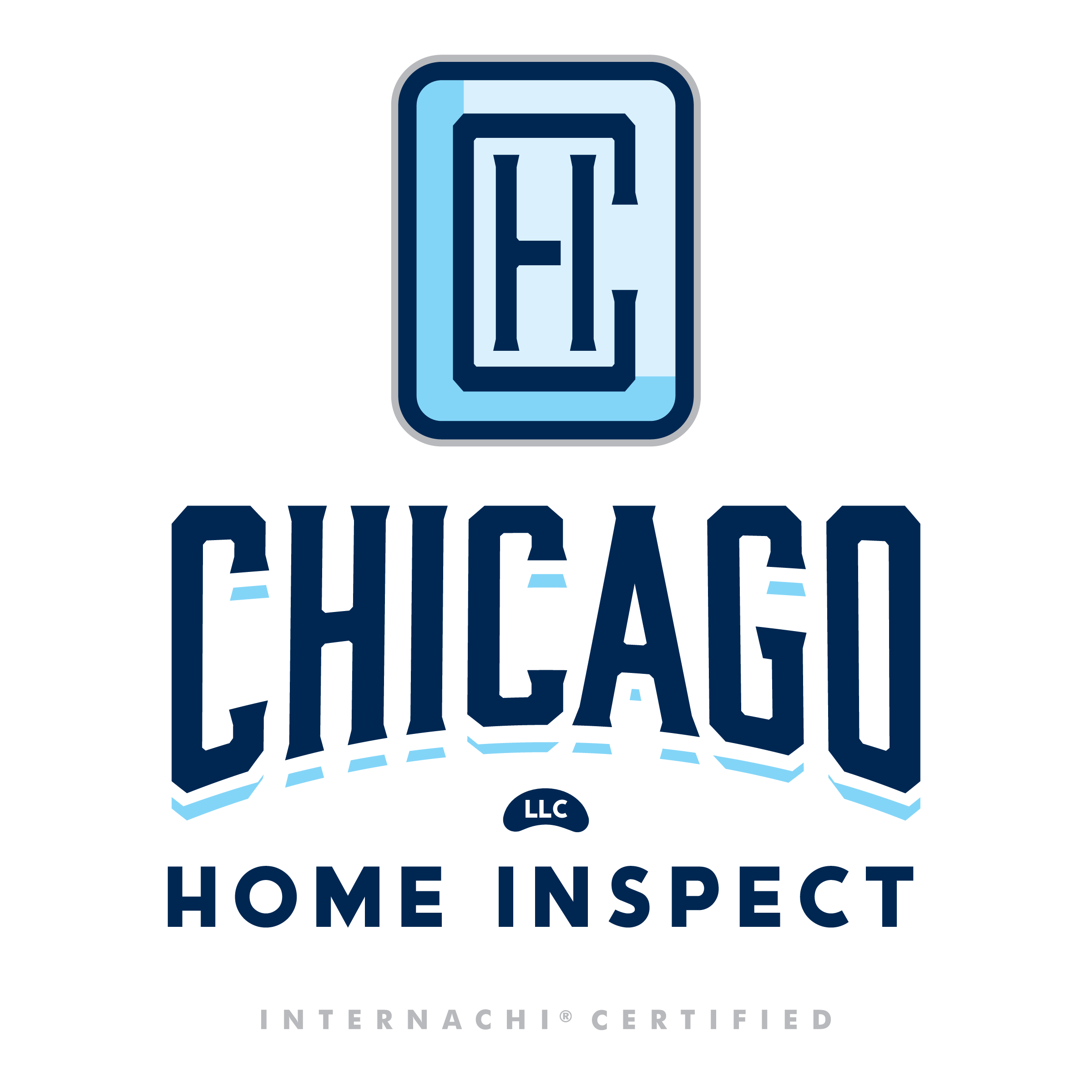When considering home inspections in Chicago, it’s essential to understand that every city has unique characteristics that influence the inspection process. Chicago, with its distinctive blend of historic and modern architecture, extreme seasonal climates, and diverse neighborhoods, presents a unique landscape for home inspections. Home inspectors in Chicago are tasked with navigating these unique factors to ensure homeowners and prospective buyers have a thorough understanding of property conditions.
Here’s an exploration into what makes the home inspection landscape uniquely challenging and rewarding in Chicago, particularly focusing on home inspections in Chicago.
Historical and Architectural Diversity
Chicago is renowned for its historical and architectural significance, boasting a diverse array of property styles ranging from vintage Victorian homes and classic bungalows to sleek, modern condominiums. Home inspectors in Chicago must be knowledgeable about various architectural styles and construction techniques used over the city’s extensive history. Inspectors need specialized understanding to evaluate historic properties accurately, identifying issues common to older constructions such as outdated electrical systems, plumbing made from obsolete materials, and unique structural considerations.
This architectural diversity requires inspectors to possess broad, detailed knowledge and the ability to accurately assess the structural integrity and modern compliance of historically significant properties.
Climate Extremes and Their Impact
Chicago’s notorious climate is another factor significantly influencing home inspections. The city experiences harsh winters, heavy snowfall, and ice, followed by humid and hot summers with significant rainfall. Such extremes create conditions uniquely suited to certain property issues that home inspectors in Chicago frequently encounter.
Winter conditions cause problems such as ice dams on roofs, frozen pipes, and cracks in foundations due to the freeze-thaw cycle. Summer humidity can lead to moisture intrusion and mold growth. Home inspectors in Chicago must meticulously evaluate these seasonal impacts to provide homeowners with actionable insights to mitigate weather-related damage proactively.
Common Regional Challenges
Home inspectors in Chicago frequently encounter specific challenges that are distinctive to the region. These include issues related to foundations, roofing, basements, and HVAC systems, all heavily influenced by the city’s climate and geological conditions. For example, due to the clay-rich soil prevalent in many Chicago neighborhoods, foundations are particularly susceptible to shifting and settling, causing structural concerns. Inspectors must thoroughly evaluate the stability of foundations and basements, checking for signs of cracks, moisture intrusion, and drainage problems.
Chicago’s weather also significantly affects roofs, making regular inspections crucial for early detection of problems like damaged shingles, leaks, or improper flashing. Additionally, Chicago’s older housing stock often presents HVAC challenges, as many homes still feature outdated heating systems or inadequate insulation.
Specialized Local Knowledge
Effective home inspectors in Chicago leverage extensive localized knowledge about specific neighborhood characteristics. Each Chicago neighborhood has its unique traits and common construction standards. Inspectors familiar with the city understand the typical problems faced by homes in neighborhoods such as Lincoln Park, Hyde Park, or Rogers Park. This specialized knowledge helps them anticipate common local issues and provide valuable, tailored advice to homeowners.
Moreover, local zoning laws, historical preservation requirements, and city codes add complexity to the home inspection landscape in Chicago. Inspectors must remain continuously updated on these regulations to effectively guide homeowners and buyers.
Advanced Tools and Techniques
Given the complexity and variability of housing in Chicago, home inspectors in the city often use advanced tools and methods to enhance inspection accuracy. Technologies such as thermal imaging cameras, moisture detection devices, drone-assisted roof inspections, and electronic radon testing equipment enable inspectors to identify issues that might otherwise remain undetected.
The utilization of these advanced technologies ensures a deeper level of inspection accuracy, significantly benefiting homeowners and prospective buyers who need a comprehensive understanding of a property’s true condition.
Mold and Radon Testing Needs
Due to Chicago’s humidity and rainfall, mold inspection and radon testing have become critical components of home inspections. Mold growth in basements and attics is common due to moisture intrusion, posing significant health risks. Additionally, radon—a naturally occurring radioactive gas—can accumulate in homes, particularly in basement areas.
Home inspectors in Chicago regularly perform specialized mold and radon testing, providing homeowners with crucial information to safeguard their health and ensure safe living environments. Knowledgeable inspectors emphasize the importance of regular testing and appropriate mitigation strategies for these regionally significant risks.
Impact of Seasonal Weather Patterns
Chicago’s seasonal weather patterns not only influence inspection outcomes but also the timing of inspections. Home inspectors in Chicago often advise scheduling inspections strategically to capture potential seasonal issues. For instance, conducting inspections shortly after heavy rainfall can reveal drainage issues or basement flooding problems that might remain hidden during drier periods.
Such strategic timing helps homeowners gain a comprehensive understanding of their home’s resilience to typical Chicago weather conditions and informs effective preventive maintenance plans.
Community and Educational Approach
The unique landscape of home inspections in Chicago also encompasses a strong community-oriented and educational approach. Professional inspectors often go beyond basic inspection services by educating homeowners and buyers about home maintenance, energy efficiency, and preventive measures specific to Chicago’s climate and architecture.
By focusing on education, home inspectors in Chicago empower clients with the knowledge needed to maintain their properties proactively, preserving property values and reducing the likelihood of future costly repairs.
Conclusion
Navigating the unique landscape of home inspections in Chicago requires specialized knowledge, advanced technologies, and keen insights into local architectural and environmental factors. Home inspectors in Chicago face distinctive challenges, from climate extremes and historical building complexities to community-specific construction practices.
Choosing experienced and knowledgeable home inspectors in Chicago is crucial to ensuring comprehensive, accurate inspections that address the unique needs of local properties. Whether buying, selling, or maintaining your home, relying on professional inspectors who understand the intricacies of Chicago’s unique landscape will provide invaluable peace of mind and protect your significant property investment.



